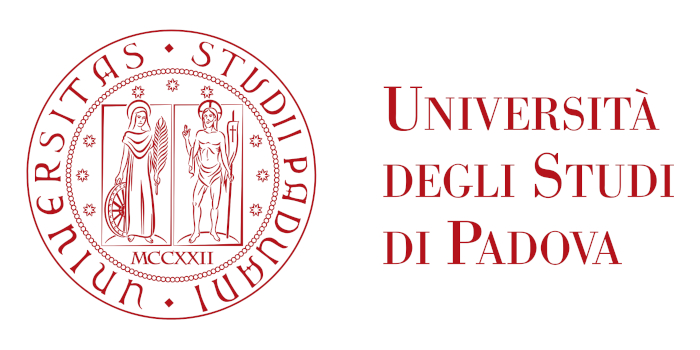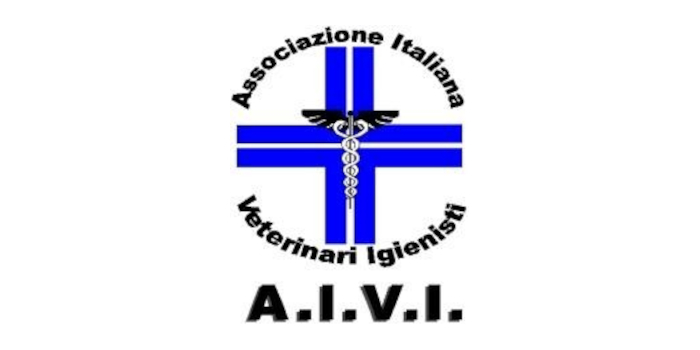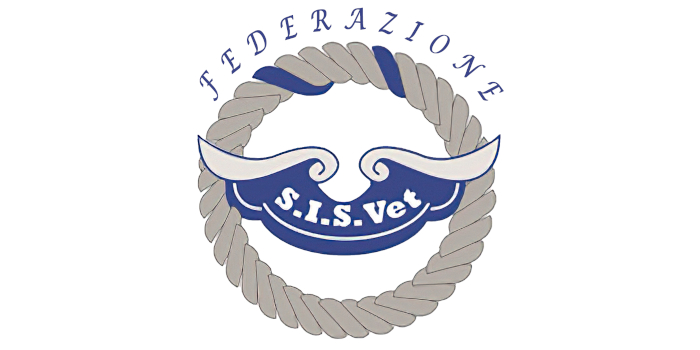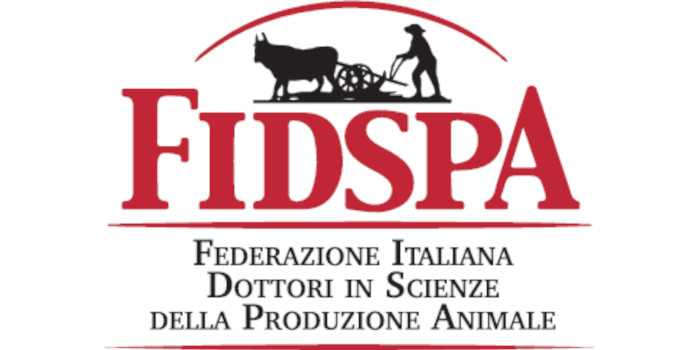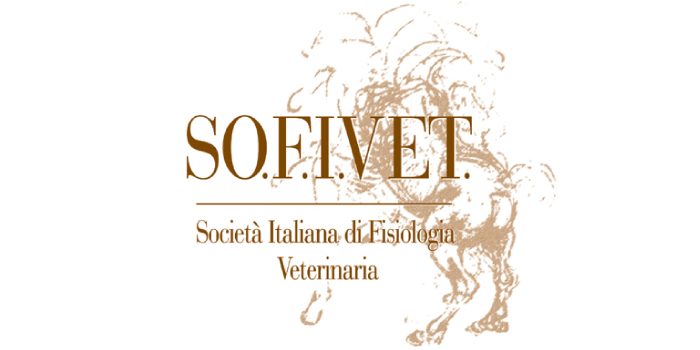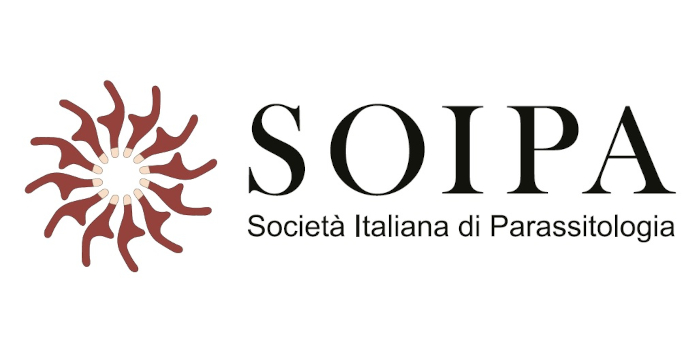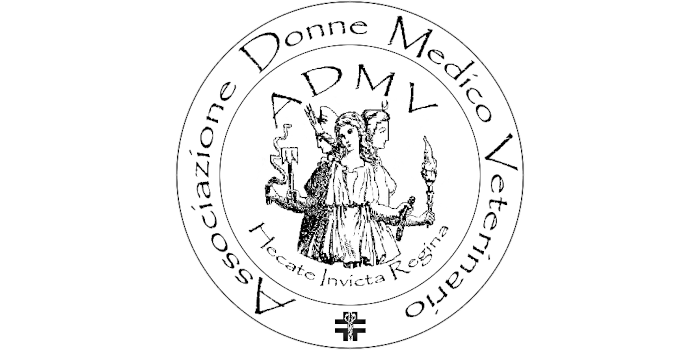SPECIAL SESSION #13
Precision Approaches For Sustainable And Welfare-Friendly Farming in poultry and rabbit production and in aquaculture
ORGANIZED BY
Angela Trocino
University of Padova, Italy
Francesco Bordignon
University of Padova, DAFNAE, Italy
Andrea Pezzuolo
University of Padova, TESAF Department, Italy
Francesco Marinello
University of Padova, TESAF Department, Italy
SPECIAL SESSION DESCRIPTION
The session aims to explore any measurements and tools related to precision livestock farming systems for monitoring animal welfare and health in different species, including poultry, rabbits and fish, kept under different farming systems and at different stages, i.e., on farm, during transport and at slaughtering. Measures can cover animal based measures, such as performance, behavioural and physiological indicators, as well as environmental measures.
ABOUT THE ORGANIZERS
Angela Trocino full professor, SSD AGR/20 (Poultry and Rabbit Science, Aquaculture), Department of Agronomy Food Natural Resources Animals Environment (DAFNAE), University of Padova (2015-2022). Associate professor, SSD AGR/20 (Poultry and Rabbit Science, Aquaculture), Department of Comparative Biomedicine and Food Science (BCA), University of Padova (2015-2022). Assistant professor SSD AGR/20, University of Padova (2010-2015). In collaboration with Italian and foreign researchers, her research activity deals with rabbit and poultry science and aquaculture. During the last 10 years, research has been especially devoted to strategies for improving welfare and health, besides performance and product quality, of poultry and laying hens, and growing rabbits and reproducing does, addressing the development of alternative housing systems. In aquaculture, research regarding fish welfare focused both on farm related-indicators and stress/welfare indicators at slaughtering. In all species, research address the use and the evaluation of different animal-based behavioural, physiological, health, and productive indicators, besides the development of welfare assessment protocols.



